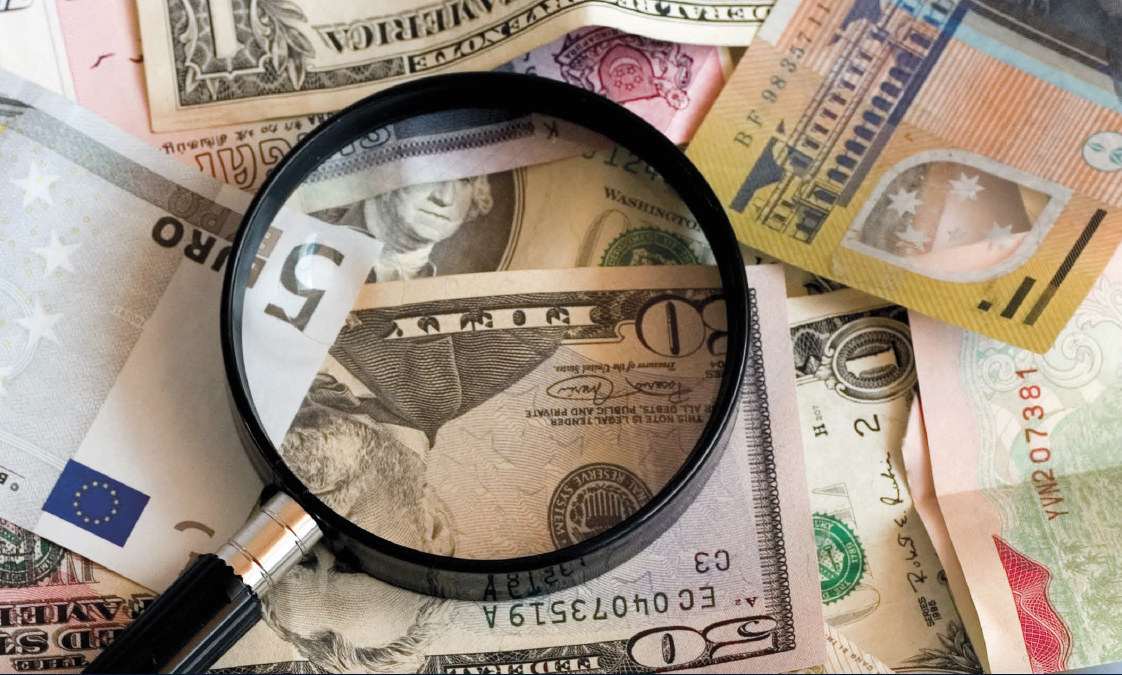Money Laundering: How and Why
July 15, 2018 | Expert Insights
Background:
The exact origins of the practise are unknown, but many place it in gang culture of early 20th Century USA, the term ‘money laundering’ itself was first officially used in the 1980s1 . By 1996 the International Monetary Fund (IMF) estimated that 2-5% of global Gross Domestic Production (GDP) involved laundered money.
The 1988 – United Nations Convention against Illicit Traffic in Narcotic Drugs and Psychotropic Sub- stances. The mandate was strengthened in 1998 through the Political Declaration and Action plan against the Money Laundering at the 20th United Nations General Assembly Special Session 1989 - Financial Action Task Force (FATF) Established by the G7 Members in order to help protect the international financial systems from the negative effects of ML and also to provide policy assistance to reduce ML.
In 2001 the organisation broadened its mandate to include the investigation of the sourcing of terrorism and links to ML. The organisation has now grown to 36 members and a number of observers 1997 – Global Programme against Money-Laundering, Proceeds of Crime and the Financing of Terrorism (GPML) Established by the Law Enforcement, Organized Crime and Anti-Money-Laundering Unit of the United Nations Office on Drugs and Crime under that mandate given through the 1988 convention listed above It has the aim to assist national governments in intervening in money laundering practises Under the GPML, The International Money Laundering Information Network (IMoLIN) was established to liaise between government and international organisations of ML activity and establish a database of the illicit activity in order to help fulfil the objectives of the GPML 2002 – International Convention for the Suppression of the Financing of Terrorism.
Analysis:
Money laundering is a financial crime with potentially devastating economic and social effects. Money laundering can threaten the stability of a country’s financial sector, the integrity of the markets and the global financial framework. Moreover, money laundering can result in welfare losses, draining resources from more productive economic activities and even having destabilizing effects on the economies of other countries. Money laundering supports and facilitates global criminal and terrorist activity. The illegal drugs industry exists solely due to money laundering.
Money-laundering is broken down into a three-stage process: PLACEMENT: initial entry of the funds into the financial system. This involves moving the funds away from direct association with the crime. It can often be the riskiest stage, potentially raising greatest suspicion. The placement stage both relieves the criminal from holding such large funds and places the funds into a legitimate financial arena.
LAYERING: moving funds through a series of transactions to conceal their origin. This involves a series of transactions designed to take the focus off of the large, lump sum of money that has just entered the financial system. Intricate and internationally focused, this stage often results in the launderer moving funds across country borders. He/she puts the funds into a series of financial options and markets overseas and keeps them constantly moving to divert others’ attention and focus.
INTEGRATION: regaining possession of the funds. At this stage, the laundered money is returned to the criminals involved. But, this time, it appears to have been obtained from legal, legitimate sources. What was once cash placed into the sys- tem has now been moved through a series of financial operations and can now be used by the criminals for any purpose.
Assessment:
Our assessment is that Money laundering affects both worlds’ major financial markets and emerging markets and it can cause negative impacts on developing counties We feel that Strong AML regimes enhance financial sector integrity and stability, which in turn facilitate countries’ integration into the global financial system. They also strengthen governance and scale possible solutions. Depending on the nation there are several possible solutions out there, but we believe it all comes at a price. The most effective and efficient way of dealing things will undoubtedly mean giving up something to achieve it.


